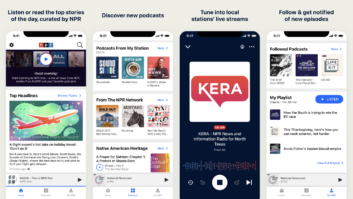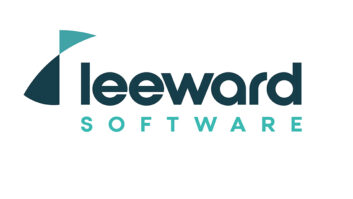BELLEVUE, Wash., and OVERLAND PARK, Kan. — T-Mobile US and Sprint Corporation on Sunday announced they have entered into a definitive agreement to merge. The combined company will be called T-Mobile.
The combined company will have “lower costs, greater economies of scale, and the resources to provide U.S. consumers and businesses with lower prices, better quality, unmatched value, and greater competition,” according to this press release about the merger. “The New T-Mobile will employ more people than both companies separately and create thousands of new American jobs.” The same document goes on to say that from the first day Sprint and T-Mobile combine and every year thereafter, the new company will employ more people in the U.S. than both companies would separately; more than 200,000 people will work on behalf of the combined company in the US at the start.
[Read about Sprint and T-Mobile’s on again, off again merger history.]
The question is, how and why will that happen? According to the same release, “the New T-Mobile plans to invest up to $40 billion in its new network and business in the first three years alone, a massive capital outlay that will fuel job growth at the new company and across related sectors. This is 46% more than T-Mobile and Sprint spent combined in the past three years.”
“This combination will also force AT&T, Charter, Comcast, Verizon, and others to make investments of their own to compete, driving billions more in accelerated investment.”
You really need to take what is said in press releases like this with a grain of salt but let’s give them the benefit of the doubt right now.
“Neither company standing alone can create a nationwide 5G network with the breadth and depth required to fuel the next wave of mobile Internet innovation in the U.S. and answer competitive challenges from abroad. Only the combined company will have the network capacity required to quickly create a broad and deep 5G nationwide network in the critical first years of the 5G innovation cycle – the years that will determine if American firms lead or follow in the 5G digital economy.”
This will be accomplished using Sprint’s 2.5 GHz spectrum and T-Mobile’s nationwide 600 MHz spectrum, and other combined assets. “Compared to T-Mobile’s network today, the combined company’s network is expected to deliver 15x faster speeds on average nationwide by 2024, with many customers experiencing up to 100x faster speeds than early 4G.”
Time will tell if that comes true of course. First the merger has to really happen. Following the closing, the new company will be headquartered in Bellevue with a second headquarters in Overland Park.












